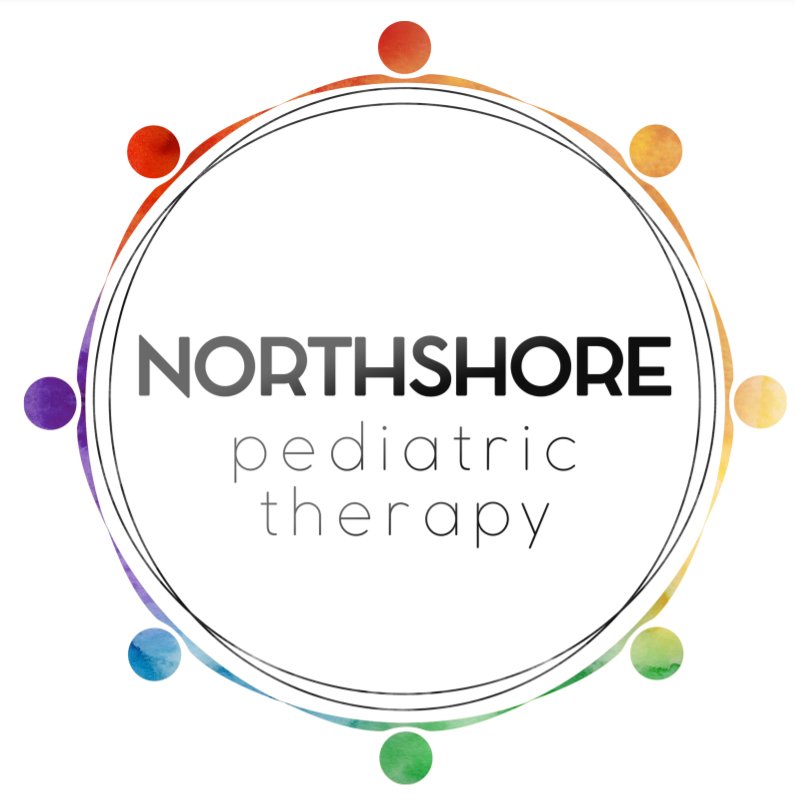How do babies learn language?
In case you didn’t already know... babies are not only cute, but amazing learners too!
Patricia Kuhl, a researcher right here in Seattle who studies how babies learn language, tells us more in her classic TEDTalk titled The linguistic genius of babies.
Here are some key take-aways that connect her research to the life of a new parent:
Babies take statistics as they listen to us talk.
Patricia Kuhl refers to babies as “citizens of the world”.
Before their first birthday, a baby with typical hearing abilities can discriminate between every speech sound they hear, regardless of what language is being spoken to them.
As babies grow older, they gather an understanding of which sounds are important to the language (or languages) that are spoken to them. As they absorb these patterns, their brains change and they are better able to identify important speech sounds. With time, their ability to hear less frequent speech sounds fades, and they start to gather the meanings behind sounds (receptive language) and how they can be used (expressive language).
Direct person-to-person interaction is vital to this natural process of learning.
In the experiments described in this TEDTalk, no learning happened at all when a language learning activity was done over video or just audio.
It takes communication with real-life human beings for babies’ little social brains to really apply this learning method.
Research has shown that babies and kids learn many different parts of language this way - it goes far beyond just early speech sounds!
Think about all of the language we expect to hear from a kiddo in their first few years of life. Do you remember specifically teaching them every single word that they have picked up, understood, and started using? Of course not! These brilliant kids pick up on the language they hear around them, from sounds, to words, to sentences, and use what they learn to communicate with us.
So, what does this have to do with speech therapy?
When it comes to early language use and comprehension, researchers like Patricia Kuhl have found that kids with language disorders may not learn in a dramatically different way from their typically developing peers. Instead, they may just learn language less efficiently, and may need more exposure to the linguistic forms that kids usually pick up through everyday interactions.
That’s where a speech therapist comes in!
Speech therapists have a knack for identifying whether or not a child seems to need that additional support to learn language. They also have a whole lot of knowledge, strategies, and tips to help a child a) improve their language and b) prime their brain for picking up on the communication around them with more efficiency. In other words, speech therapists and other pediatric specialists like them can help a child’s mind not only learn, but learn how to learn skills for successful communication.
While many studies support these findings for certain aspects of speech and language, please remember that there are many different components to communication development, and your child may also respond well to different methods of teaching, depending on their unique needs. We encourage you to reach out to your friendly neighborhood speech-language pathologist if you have any specific questions or would like to understand more about this field.
Have you ever heard that “the best thing you can do for your child’s language development is talk to them more”? Well, it’s true! So the next time your child takes interest in something, go ahead and feed your little one’s incredible brain with some language for them to piece together.
Onward and upward,
Becca
Curious to learn more?


